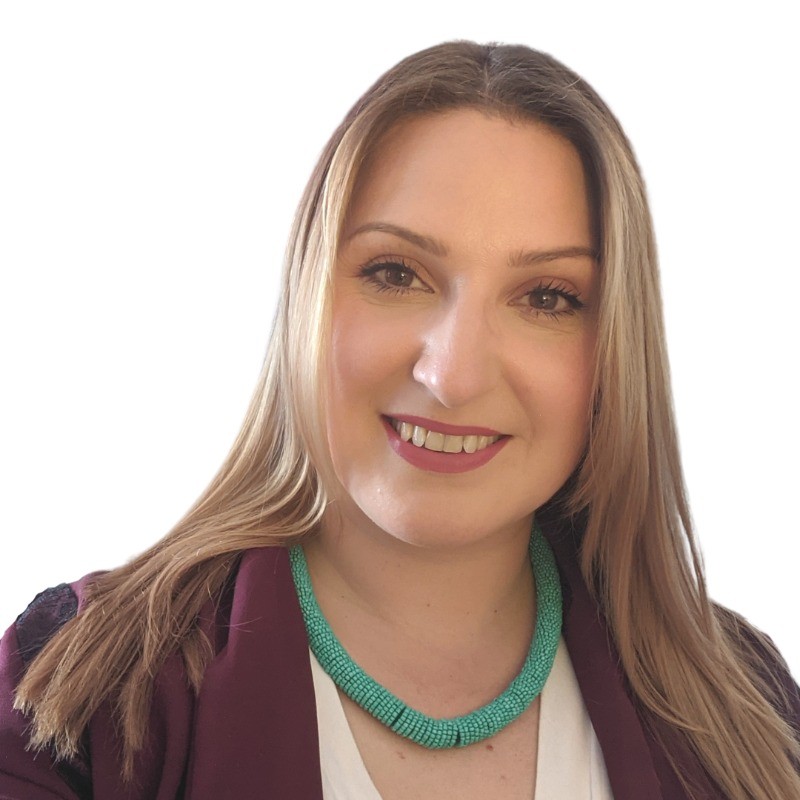I went into the world of business owning thinking that it was the most practical option, with having a disabled child. And dare I say it… potentially the ‘easiest’ option!
My husband and I have two wonderful children. Our youngest is 10 years old and has a physical disability. She is in mainstream education but there are several additional factors that are involved in family life related to her disability, which also impact my role as a business owner.
The first factor is managing my time. In her younger years, my daughter had several appointments per month – even per week at times. Having worked as a civil servant at the Employment Tribunal, I knew there was an option for ‘flexitime’ and some flexible working support for parents. However, I knew that I would hate to request it each time. It made sense for me to find a working pattern that allowed me to control my hours more.
Now, that she is older, my daughter has fewer appointments but having control over my hours continues to pay off. I have had to work out different ways of balancing work and parenting (some approaches certainly did not work!), but I currently feel good about how I am able to serve my clients and be present for my children.
The second factor is my assertiveness. I had to learn quickly how to advocate for my daughter, especially in the face of medical experts who had an opposed opinion – and I am not a medical expert! It was truly a time of focused self-development because I had grown up with a healthy respect for those who knew more than me. This skill has been thoroughly developed in being a workplace mediator, but it was also greatly fostered by needing to communicate clearly and impactfully to ensure my daughter has her needs met yet having a peacefully collaborative relationship with her medical team, as much as possible. As, in paediatrics, you tend to have long-term relationships with most of the medical professionals involved with your child’s care.
The skill of having mutually respectful assertive communication is one that I can now support the teams and individuals with even more.
The third factor is problem-solving. The world is not really suited for wheelchairs and so when you are a wheelchair user or the carer of someone with a disability, you are a perpetual problem-solver! You must get creative about activities which your child wants to be involved with but cannot access it in the same way as other children – options or obstacles like these are often not obvious to those who don’t live a life thinking about accessibility. As her parents, my husband and I are regularly discussing out-of-the-box ideas to address a concern or equip our daughter for a life of fun, fulfilment, and independence.
Thankfully, my husband and I are both natural problem-solvers – him in the IT world and me in the world of relationships and communication. As a mediator, I facilitate other people thinking through options, even when they previously had no ideas for a positive improvement, or the options initially don’t seem viable. As a conflict coach, I help my clients work through ideas for improving their relationships at work (or life, in general). So, when a challenge comes up which might prevent my daughter doing an activity, accessing an environment, or learning more independence, we are not afraid of creative suggestions.
The final factor that has been essential to my business success and parenting effectively, is communicating openly with loved ones, and asking for support when needed. We are so grateful to the people in our lives who offer their time without us asking. Yet, we are also aware that other people are not mind readers and that asking for help is not placing burdens on others, but an opportunity for them to support us (which they want to do!). If we need help, we need to ask. I have a strong value of being independent and taking responsibility in my role as a parent, so this was a skill I had to consciously work on.
Not everyone has a supportive network, but we thankfully do. As someone whose profession is all about communication and valuing relationships effectively, we try to ask for support with the underpinning understanding that the other person always has the option to say no – without needing to provide an excuse or feeling concerned that we will resent them for it. This takes fully open communication, where I state the above intention clearly and if I have asked for more support than the average month, I will acknowledge this and try to ensure I spread the requests to other people in our support system if possible. I always want people to know that I appreciate the support and that I offer support for them, as they need it, in a way that demonstrates my value for them too.
I have been running my business for 7 ½ years now and there have been so many learnings over that time – both as a professional and as a parent. Thankfully, when I learn a lesson in my business, it often will benefit my parenting (and vice-versa).
Having witnessed a wide range of workplace issues over the years at the Employment Tribunal, and in my profession as a mediator and conflict coach, I know that skills around time management, assertiveness, problem-solving, and open communication, are skills required for positive workplace relationships in employment as well as in business ownership. And they are also skills which I anticipate I will need to continue to learn about and develop for the rest of my life.


